Unlocking Efficiency with Innovative Reusable Rfid Tags for Your Business Operations
In today's fast-paced business landscape, organizations are increasingly seeking innovative solutions to enhance operational efficiency and reduce costs. One such solution is the implementation of Reusable RFID Tags, which have emerged as a game changer in inventory management and asset tracking. According to a report by MarketsandMarkets, the global RFID market is projected to reach $48.9 billion by 2025, driven by the growing need for real-time data in managing supply chains.
Reusable RFID Tags not only streamline operations by enabling accurate tracking and monitoring of assets but also contribute to sustainability efforts by significantly reducing waste associated with traditional, single-use tags. As companies continue to prioritize resource optimization and environmental responsibility, the adoption of Reusable RFID Tags represents a powerful strategy to unlock operational efficiency and foster a more sustainable future in business operations.
Understanding the Basics of RFID Technology and Its Reusability
RFID technology, or Radio Frequency Identification, has emerged as a transformative tool in modern business operations, particularly due to its reusability feature. At its core, RFID utilizes electromagnetic fields to automatically identify and track tags attached to objects. These tags contain integrated circuits and antennas, allowing them to communicate with RFID readers without the need for direct line-of-sight. This technology is not only efficient but also significantly reduces manual data entry errors, streamlining inventory management and supply chain logistics.
The reusability aspect of RFID tags presents a cost-effective solution for businesses looking to optimize their operations. Unlike traditional barcodes that are single-use and need to be replaced after each transaction, reusable RFID tags can be programmed, erased, and reprogrammed multiple times. This flexibility allows companies to adapt quickly to changing inventory needs and reduces waste associated with disposable tags. As businesses embrace sustainable practices, the adoption of reusable RFID technology can lead to improved operational efficiency while simultaneously supporting environmental goals.
Efficiency of RFID Tag Usage Over Time
This chart illustrates the increase in efficiency observed in various business operations through the utilization of reusable RFID tags over a period of 12 months. The data reflects the percentage improvement in key operational metrics such as inventory accuracy, asset tracking efficiency, and reduced operational costs.
Identifying Key Benefits of Using Reusable RFID Tags in Business
In today's fast-paced business environment, adopting innovative technologies like reusable RFID tags can significantly enhance operational efficiency. According to a report by Grand View Research, the global RFID market is expected to reach $40 billion by 2026, highlighting the increasing reliance on this technology across various sectors. Reusable RFID tags offer businesses a sustainable and cost-effective solution to streamline inventory management and track assets in real time, reducing errors and improving overall accuracy.
One of the key benefits of using reusable RFID tags is their long lifespan and environmental advantages. Unlike traditional RFID tags, which are often single-use, reusable tags can be utilized multiple times, decreasing waste and lowering operating costs. A study from the University of Arkansas revealed that RFID systems can reduce labor costs by up to 30% and inventory inaccuracies by as much as 40%. This not only helps businesses save money but also supports sustainability initiatives, making it a win-win situation in today's eco-conscious market. The ability to collect and analyze data seamlessly further empowers organizations to make informed decisions, ultimately optimizing their supply chain and enhancing customer satisfaction.
Unlocking Efficiency with Innovative Reusable RFID Tags for Your Business Operations - Identifying Key Benefits of Using Reusable RFID Tags in Business
| Benefit | Description | Impact on Operations |
|---|---|---|
| Cost Savings | Reusable RFID tags reduce the need for frequent replacements. | Lower operational costs over time. |
| Sustainability | Promotes eco-friendly practices by decreasing waste. | Enhances brand reputation and compliance with environmental regulations. |
| Enhanced Tracking | Improves the accuracy of inventory and asset tracking. | Increases efficiency in supply chain management. |
| Improved Data Collection | Facilitates real-time data capture and analysis. | Supports better decision-making processes based on data insights. |
| Operational Efficiency | Streamlines workflows and reduces manual entry errors. | Enhances productivity across various departments. |
Implementing Reusable RFID Tags: A Step-by-Step Guide
Implementing reusable RFID tags can significantly enhance efficiency in business operations by streamlining inventory management and improving tracking processes. According to industry reports, the use of RFID technology can reduce inventory inaccuracies by up to 30% and increase overall operational efficiency by about 40%. These innovative tags allow businesses to track items in real-time, minimize human error, and reduce labor costs associated with manual checking and accounting.
Tips for a successful implementation of reusable RFID tags include starting with a pilot program. This allows businesses to assess the technology's impact on their specific operations before a full rollout. Another essential tip is to ensure staff training is prioritized. Employees need to understand how to effectively use RFID technology to maximize its potential benefits. Additionally, maintaining an updated database that correlates with real-time data is crucial, as this directly influences the accuracy of inventory and tracking systems.
The shift to reusable RFID tags also aligns with sustainability goals, as these tags can be reused multiple times, reducing waste. Integrating this technology not only enhances your operational efficiency but also positions your business as a forward-thinking leader that values both innovation and environmental responsibility.
Best Practices for Managing and Maintaining RFID Tags for Longevity
Managing and maintaining RFID tags effectively is crucial for maximizing their longevity and ensuring seamless operation in your business. First and foremost, it is essential to choose high-quality RFID tags that are designed for durability and specific environmental conditions. Tags that are resistant to moisture, temperature fluctuations, and chemical exposure will naturally have a longer lifespan, reducing the need for frequent replacements.
Regular inspections are also necessary; periodically checking for physical damage and operational efficiency can help identify issues before they lead to significant failures.
Additionally, proper storage and handling of RFID tags will further enhance their durability. When not in use, RFID tags should be stored in a dry, temperature-controlled environment. Avoid exposing them to extreme conditions or physical stress during handling. Implementing a clear labeling system can also aid in efficient inventory management, ensuring that tags are systematically tracked and maintained. Training employees on best practices for handling and using RFID technology not only minimizes operational disruptions but also fosters a culture of care toward these innovative tools, ultimately leading to seamless business operations and improved cost efficiency.
Case Studies: Success Stories of Businesses Utilizing Reusable RFID Solutions
In recent years, businesses across various sectors have begun to recognize the transformative benefits of reusable RFID (Radio Frequency Identification) tags. One striking case is that of a retail chain that implemented these innovative tags to streamline inventory management. By integrating reusable RFID solutions into their operations, the retailer reduced the time spent on stock-taking by nearly 50%. The tags provided real-time visibility of inventory levels, allowing staff to quickly locate items and ensuring that shelves were consistently stocked.
Another compelling success story comes from a logistics company that adopted reusable RFID tags for tracking shipments. This system enabled the company to enhance their operational efficiency significantly. With the ability to monitor the movement of goods in real-time, they minimized lost or misplaced items and improved their delivery accuracy. As a result, customer satisfaction soared, leading to a notable increase in repeat business. These case studies illustrate how the implementation of reusable RFID technology not only boosts operational efficiency but also fosters a culture of innovation within organizations.

